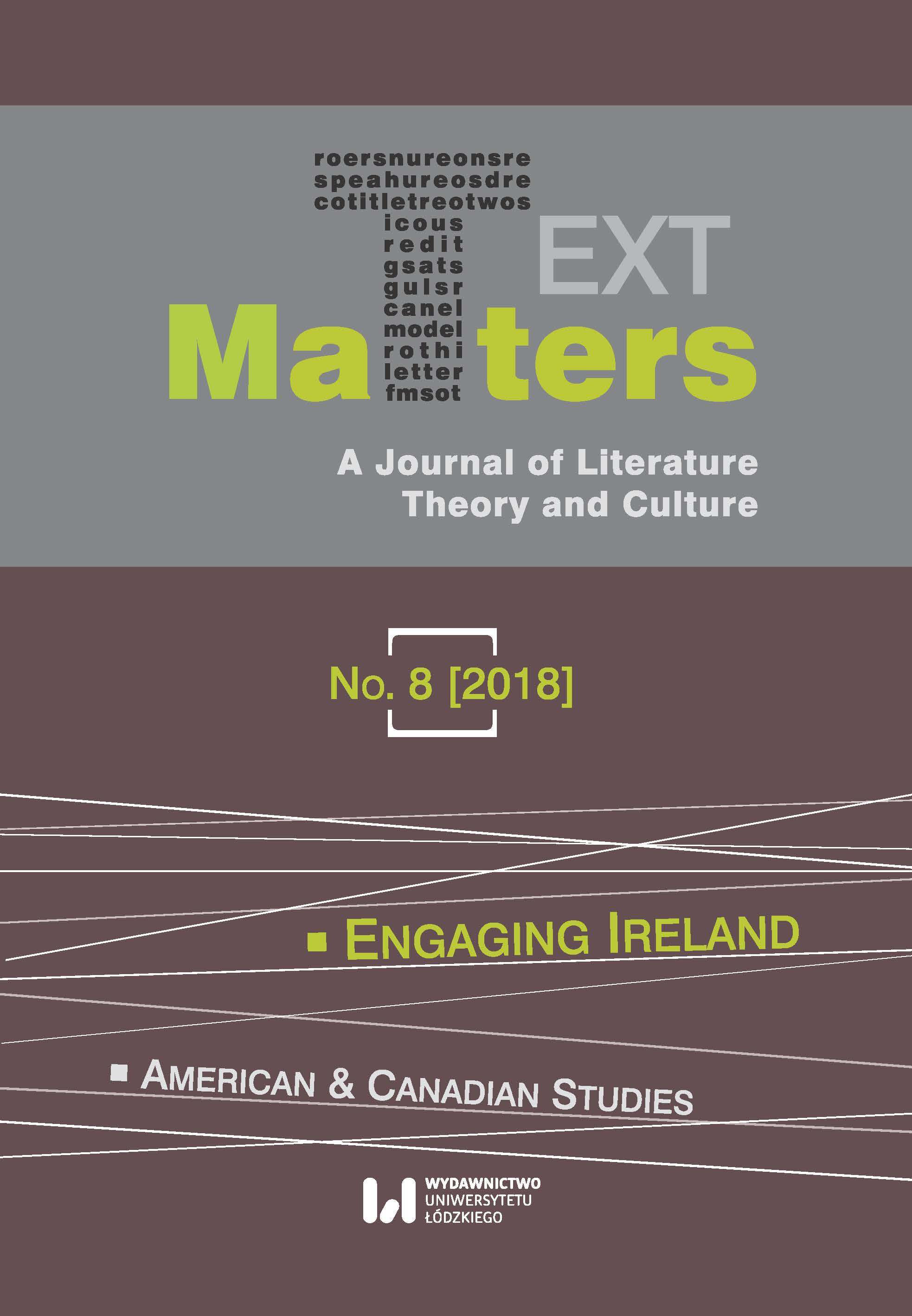Blindness in the Beckettland of Malfunctioning
Blindness in the Beckettland of Malfunctioning
Author(s): Jadwiga UchmanSubject(s): Studies of Literature, Theory of Literature
Published by: Wydawnictwo Uniwersytetu Łódzkiego
Keywords: Beckett; drama; blindness
Summary/Abstract: Many of Beckett characters suffer from different kinds of disabilities and impairments, this being one of the ways of punishing them for “the eternal sin of having been born.” The article discusses blindness in Waiting for Godot, Endgame and All That Fall. In the first of these plays blindness afflicts Pozzo during the interval between the two acts, that is during a single night. Combined with the loss of his watch it is indicative of his entering the subjective realm of timelessness. The blindness of Hamm in Endgame and his inability to walk make him dependant on Clov who is unable to sit, which recalls Pozzo’s dependence on Lucky in the second act. Similarly, the blind Mr Rooney also must get help from other people to be able to move around. In the case of all three plays blindness must be perceived on a literal, as well as metaphorical level.
Journal: Text Matters: A Journal of Literature, Theory and Culture
- Issue Year: 2018
- Issue No: 8
- Page Range: 122-136
- Page Count: 15
- Language: English

